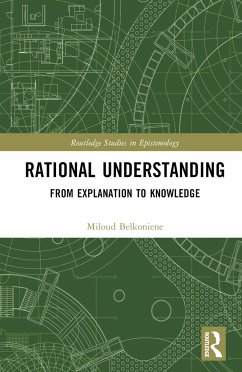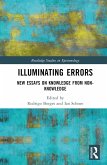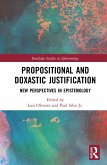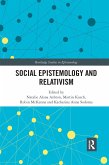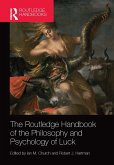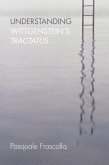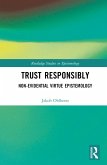This book develops a novel account of the connections between justification, understanding, and knowledge. It lays the foundation for a more systematic and interconnected treatment of these central notions in epistemology.
The author's key move is to show first that a specific conception of doxastic justification constitutes our best point of entry into questions pertaining to a subject's ability to secure understanding of reality. Second, that the traditional order of analysis when it comes to the connection between understanding and knowledge should be reversed: knowledge itself is best conceived of in terms of a specific type of understanding.
Rational Understanding will appeal to scholars and advanced students working in epistemology and philosophy of science.
The Open Access version of this book, available at www.taylorfrancis.com, has been made available under a Creative Commons Attribution-Non Commercial-No Derivatives 4.0 license.
The author's key move is to show first that a specific conception of doxastic justification constitutes our best point of entry into questions pertaining to a subject's ability to secure understanding of reality. Second, that the traditional order of analysis when it comes to the connection between understanding and knowledge should be reversed: knowledge itself is best conceived of in terms of a specific type of understanding.
Rational Understanding will appeal to scholars and advanced students working in epistemology and philosophy of science.
The Open Access version of this book, available at www.taylorfrancis.com, has been made available under a Creative Commons Attribution-Non Commercial-No Derivatives 4.0 license.

